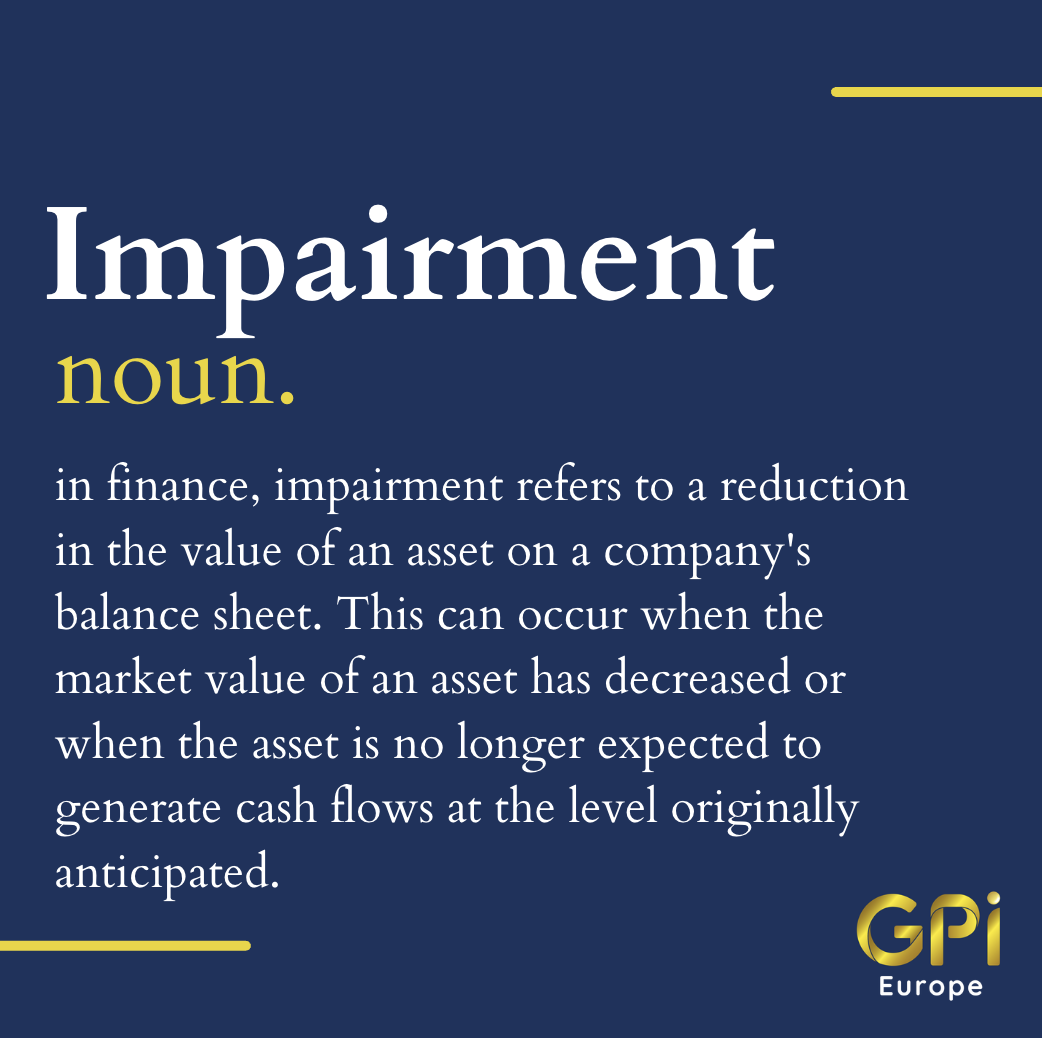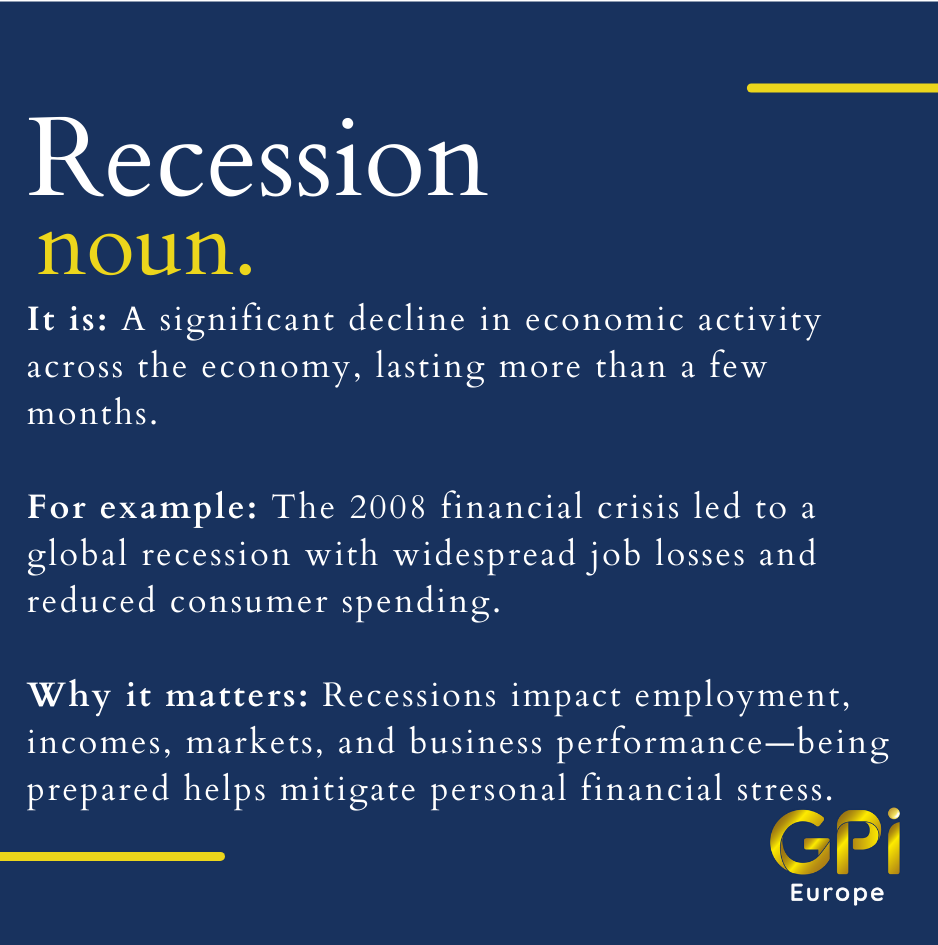Impairment
In finance, impairment refers to a reduction in the value of an asset on a company’s balance sheet. This can occur when the market value of an asset has decreased or when the asset is no longer expected to generate cash flows at the level originally anticipated.
For example, suppose a company purchases a piece of machinery for $100,000, which it expects to use for ten years. After five years of use, the company determines that the machine is no longer operating at peak efficiency and will require expensive repairs. As a result, the company estimates that the machine will only be able to generate $50,000 of revenue over the remaining five years of its useful life. The company would need to recognize an impairment loss of $50,000 on its financial statements to reflect the decrease in value of the machinery. This impairment loss would reduce the carrying value of the machinery on the company’s balance sheet to $50,000, which represents the estimated remaining value of the machine.





